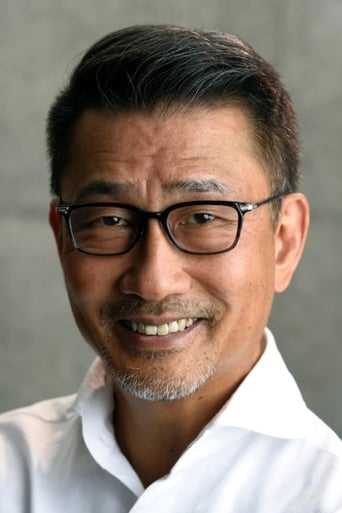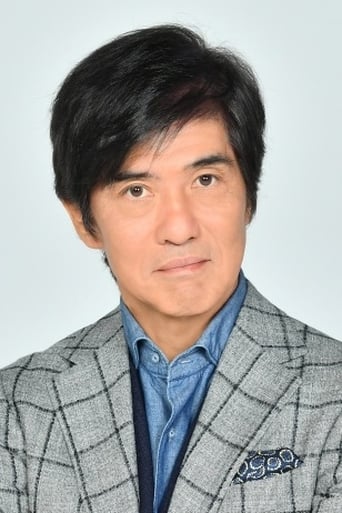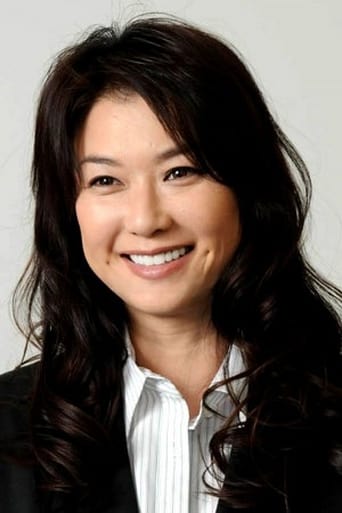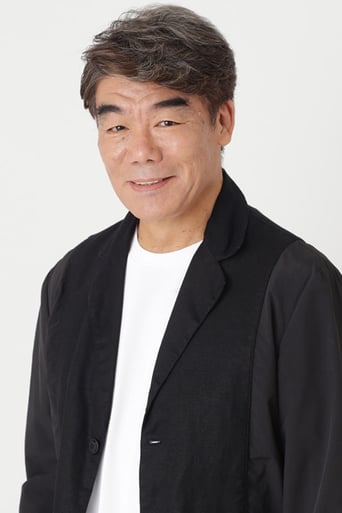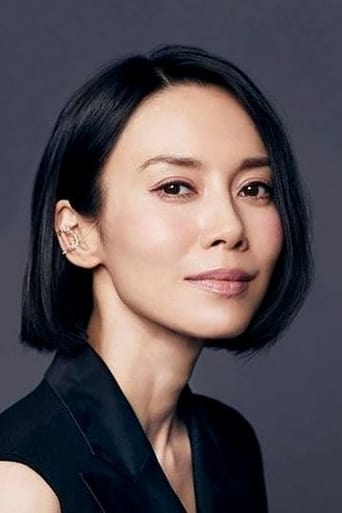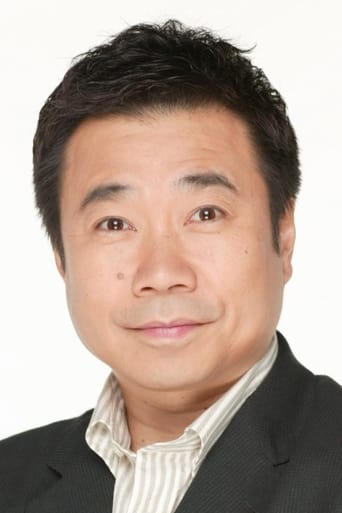ClassyWas
Excellent, smart action film.
Gurlyndrobb
While it doesn't offer any answers, it both thrills and makes you think.
Christophe
Excellent characters with emotional depth. My wife, daughter and granddaughter all enjoyed it...and me, too! Very good movie! You won't be disappointed.
X Boy
An amazing start for a movie set in old times. Even though time presented is calm and the movie is based on riots. Director has managed to add the thrill most of the western thrillers failed to engage. They best theme which this movie deals is to realize how far one can go to keep their loved ones safe and sound. No matter if it means pain for both sides. Another sub plot where the characters, who in start dislike each other, came to understand each other better then anyone else is depiction of true samurai's with different agenda's and principles. Both characters have been present as contrast of nature as one being humble and greedy while other narcissist and carefree. Grip over the story and the editing is remarkable. Many actors have performed to the reality. Production design is simple and impressive. Costumes are very gentle and about the era.
tieman64
"When the Last Sword is Drawn" is an intermittently interesting samurai film by director Yojiro Takita. It stars Koichi Sato as Saito Hajime, a samurai who works for the Shinsengumi, essentially a "police force" for Japan's shogun (heriditary military governors). Working alongside Hajime is Yoshimura Kanichiro (Kiichi Nakai). Pragmatic, Kanichiro sees his job in economic terms; a means of earning cash. Hajime, in contrast, believes in old-fashioned notions of feudal loyalty. As Hajime increasingly believes these notions to be morally untenable, he gradually becomes disillusioned. Filled with self-loathing, and finding no value in social customs, relations and traditions, Hajime spends Takita's film courting death.Typical of "revisionist" samurai movies, "When the Last Sword is Drawn" is sceptical of Edo-era values; it portrays a world in transition, anticipates the fall of the Edo period and attempts to sketch the economic realities of 19th century Japan. Like many contemporary samurai movies, it is marred by sentimentality, unnecessary flashbacks and an aesthetic which mistakes "slowness" and "countercliches" for depth. Scored by Joe Hisaishi.6/10 - Interested in Samurai films? See Kurosawa's "Ran", Okamoto's "Samurai Assassin" and "Sword of Doom", "47 Ronin", "Kiru", Hiroshi Inagaki's "Samurai Trilogy", "Goyokin" (1969), "Chushingura" (1962), and the great Masaki Kobayashi's "Samurai Rebellion" and "Harakiri". See too Yamada's "Samurai Trilogy" ("Twilight Samurai", "The Hidden Blade" and "Love and Honor"). For mindless gore, seek "13 Assassins" and the "Lonewolf and Cub" series.
mmushrm
Just finished watching this movie and have to say that it was excellent.The movie is set in the last days of the Tokugawa Shogunate and the Boshin war. It revolves around a poor samurai who joins the Shinsengumi to provide for his family.The opening of the movie is a little slow and confusing but persevere and you will be greatly rewarded. Doing a quick read up about the shinsengumi will ease the confusion. This movie has all the elements of jidaigeki movie; samurai, honour, swordfights, duty.The ending may be a tad sentimental, it did bring a tear to my eye, but it does end the movie right.Highly recommended.
siderite
This was a beautiful movie, yet a difficult one to watch. The main character, played very well by Kiichi Nakai, is a man of the land. He loves his country and his family and he is also a samurai. That puts him into a very uncomfortable position when money is too scarce for his family to be able to survive. He then does the dishonorable thing, he leaves the clan in order to earn money for his family.The story in itself is the message of the movie, with all its details, not the main storyline. The action is placed in the time when samurai are being replaced with gun powder and Japan is in great turmoil. In the end, he returns to his homeland and restores honor to his family, so it's a circular kind of tale, but in the meanwhile, you see how different people, in different situations and social classes, react, how friendships are made and unmade.What makes this movie better than most is the way the main character is constructed. He is far from the cliché of the samurai, a lot more human. If this could have been told in a shorter way, everyone would have been happier, though. While the last scenes are heartbreaking, they are also too theatrical for my taste.I have seen Twilight Samurai compared with this movie. I do think that TS was better, but this is still a very good movie.

